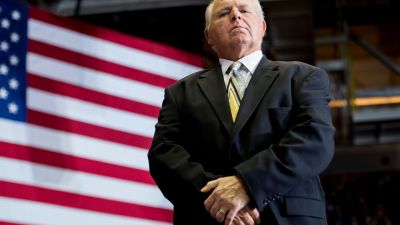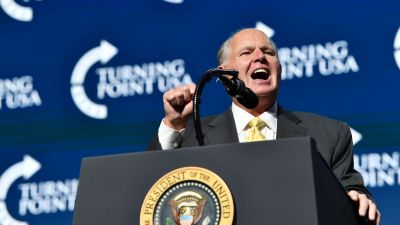
Autumn birdwatchers. (Ståle Prestøy/Flickr cc 2.0)
The political theater critics will be out in force during tonight’s debate. The flocks of pundits are easy to find by flipping channels. Just stop when you see their brightly colored suits and ties. Somewhat less apparent in real time, but growing in numbers and resolve, are the fact-checkers. They will be at the ready too and we have created a field guide to finding them.
On Television:
The major television networks, including Univision and Telemundo, would not commit to fact-checking live. The network spokespeople told Politico the editorial and technical hurdles were too high. Bloomberg TV, on the other hand, has teamed up with Twitter to give it a go — you can see them leap-frogging past the television old guard on both Bloomberg TV and on Twitter’s livestream.
Online:
If you’re not already on Twitter, now’s the time. It’s free and you don’t have to tweet, but to stay on top of the truth in real time, Twitter is like zooming in with high-powered binoculars instead of searching with the naked eye. But make sure you follow reputable outlets and reporters. We’ve assembled our own list of fact-checkers and others who we think are worth following at the @BillMoyersHQ feed.
PolitiFact will have 18 fact-checkers working tonight; follow the PolitiFact live Twitter stream, on which they will attempt to correct the record in near real time by accessing a database of nearly 13,000 fact-checked claims. PolitiFact is the Pulitzer Prize-winning fact-checking website run by editors and reporters from the Poynter-owned Tampa Bay Times, an independent newspaper in Florida. PolitiFact also has state sites run by news organizations partnering with the Times. They all follow the same principles researching statements and rating their accuracy on a “Truth-O-Meter” from “True” to “Pants on Fire.”
FactCheck.org will tweet the debate and send out links to verified information at @factcheckdotorg. But if following a Twitter stream in real time is too distracting for you, they’ll also post an annotated transcript of the entire debate on the FactCheck.org website Tuesday morning, along with videos highlighting individual false and misleading claims. Those will also be posted on the FactCheck Twitter, Facebook and Tumblr pages. FactCheck.org is funded by individual supporters as well as the Annenberg Foundation and the Stanton Foundation.
The Washington Post’s Fact Checker column written by Glenn Kessler is on Twitter at GlennKesslerWP, or on Facebook.
The New York Times and NPR will fact-check in real time as well.
Talking Points Memo and The Atlantic will live blog.
WIRED will fact-check the candidates’ answers on issues like cyber security, net neutrality, jobs, climate change, energy and education.
Local newspapers like the San Francisco Chronicle and the Detroit Free Press will fact-check live on their websites; your local paper may do so as well.
And to check out who’s weighing in on Twitter more broadly, the “officially designated” hashtags are #Debates and #Debates2016 — though finding facts in that crowd will be a challenge.
Cheat Sheets:
Don’t want to be bothered with Twitter feeds, but still want to be armed in advance? A number of outlets have put together cheat sheets — lists of commonly spotted “falsehoods.”
Keep Looking:
Once you’re in the habit of looking for facts, don’t stop with the debates. Stay abreast of the truth in state and local races as well with the help of this interactive map from the Duke Reporters’ Lab. The Reporters’ lab is run by Bill Adair, a former reporter and editor at the Tampa Bay Times who created PolitiFact.




